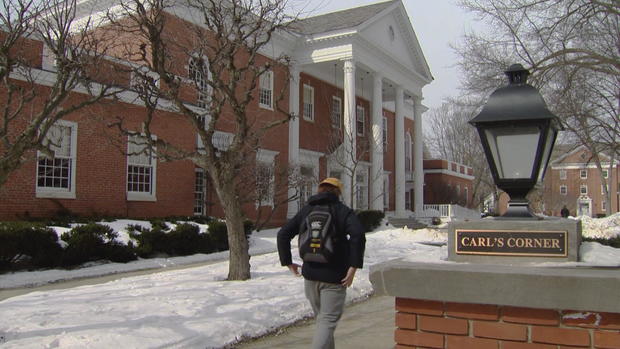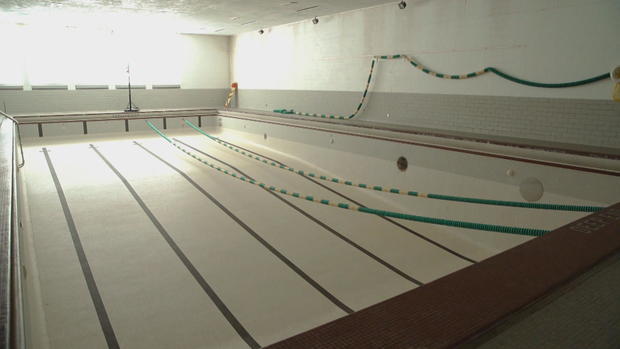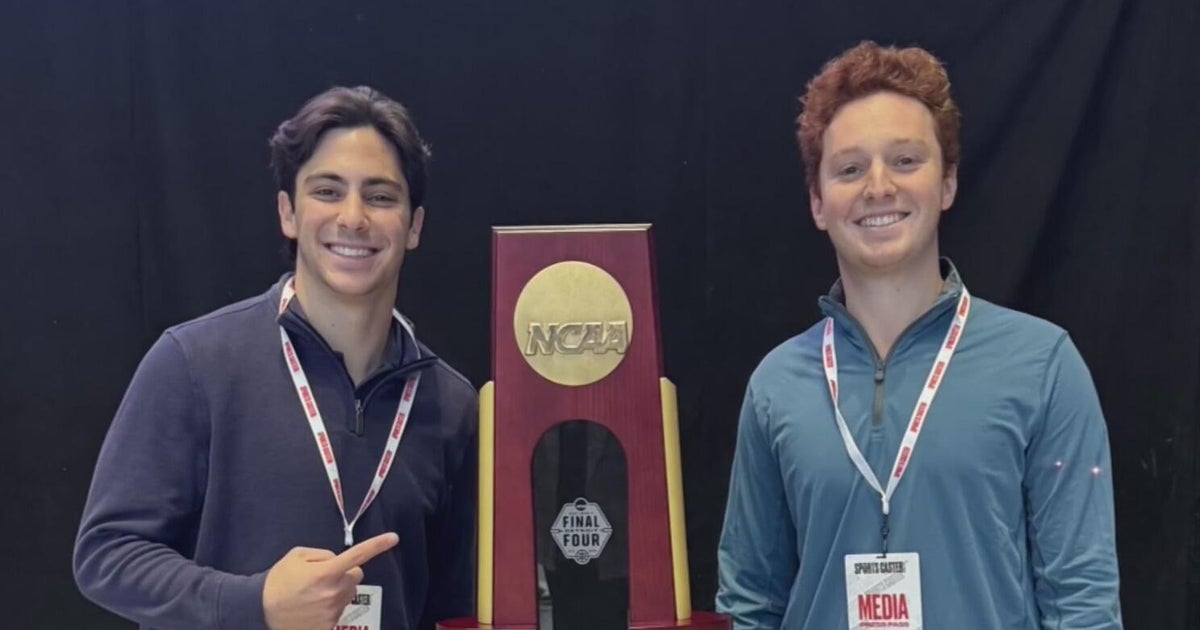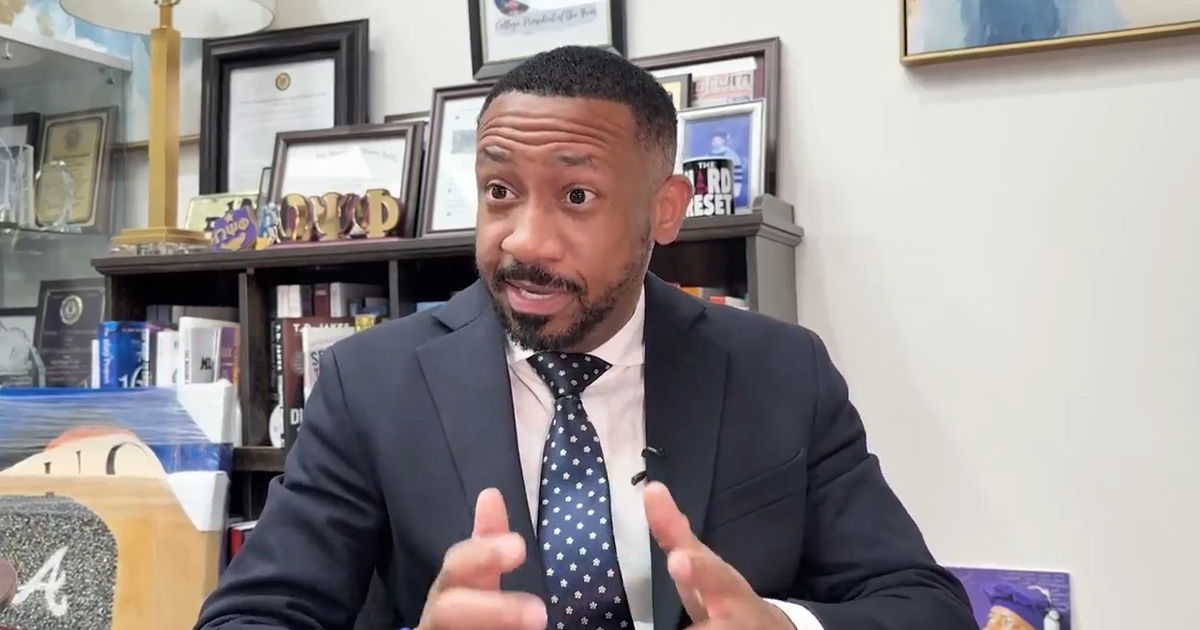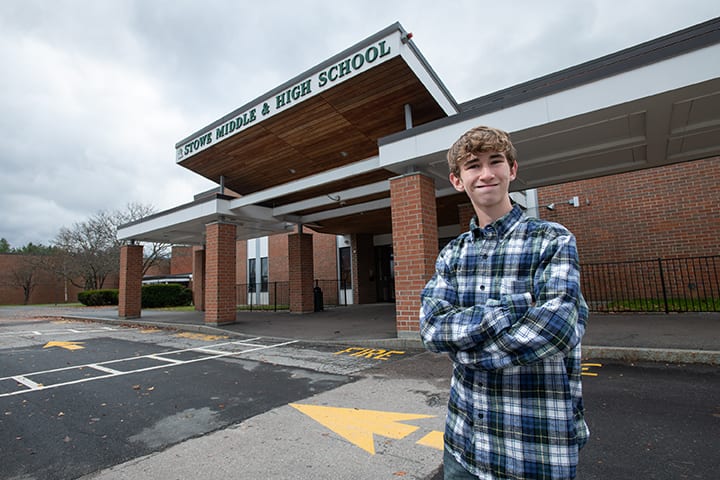Expert predicts 25% of colleges will "fail" in the next 20 years
For the first time in 185 years, there will be no fall semester at Green Mountain College in western Vermont. The college, which closed this year, isn't alone: Southern Vermont College, the College of St. Joseph, and Atlantic Union College, among others, have shuttered their doors, too.
The schools fell victim to trends in higher education – trends that lead one expert to believe that more schools will soon follow.
"I think 25% of schools will fail in the next two decades," said Michael Horn, who studies education at Harvard University. "They're going to close, they're going to merge, some will declare some form of bankruptcy to reinvent themselves. It's going to be brutal across American higher education."
Part of the problem, Horn explained, is that families had fewer kids after the 2008 recession, meaning that there will be fewer high school graduates and fewer college students. "Fundamentally, these schools' business models are just breaking at the seams," he said.
That's what happened to Green Mountain College. When Robert Allen became president of the school in 2016, he realized "very quickly" that the school had a problem. "I'm a mathematician by training, a financial person," he said. "And I realized that we were going to come up short."
The main problem was shrinking enrollment. By last year, just 427 students remained on campus, leaving the school broke.
"At Green Mountain College this past year, we didn't have one full paid student," Allen said, adding, "Our published tuition was $36,500, and the average student paid just a little over $12,000."
Unable to find a school with which to merge, Allen announced in January that the school's 184th graduation would be its last.
"I've had a long professional career, not all of it in education, and it was the hardest thing I've ever had to do," Allen said. "As you can imagine, many parents were really angry."
"I'm kind of disappointed," one student said. "A lot of people came here to build relationships and to keep them going, not just come here for a year or two."
What's left of Green Mountain has a ghostly feel: the classrooms and dorms are empty, and even the pool isn't filled.
That affects the community, too. "It was the only swimming pool in town, and was effectively a public swimming pool," Allen said.
The cost of running a college — new buildings, higher administrative expenses — keeps going up. But sluggish middle-class wages mean fewer Americans can afford to pay.
Small schools in the Midwest and Northeast are especially vulnerable — and Horn, the Harvard researcher, said new forms of education will bring even more pressure.
"I think we're gonna see, basically, faster and cheaper programs emerge," he said. "I also think we're gonna see a lot of mobile learning programs come up, where you can literally just pop on your phone, learn a few things. And so I think we're gonna see a lot more of these sort of flexible, affordable, convenient programs."
But what these college alternatives will mean for students — and the families paying their way — is less clear.
"There are huge parts of society that have to shift with that," Horn said. "It's not just expectations, it's how employers hire and a huge reason people are going to school is for social reasons."
It's not clear what will happen to Green Mountain College, either. Allen said the asking price is $23 million, and that he's received interest from international high schools and a group hoping to educate veterans.
But another college seems unlikely. "This problem is not going away," Allen said. "The demographics are not going to change, and the fact that college is not affordable for a lot of folks is not going to change in the near term."
